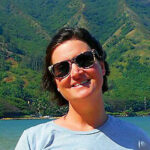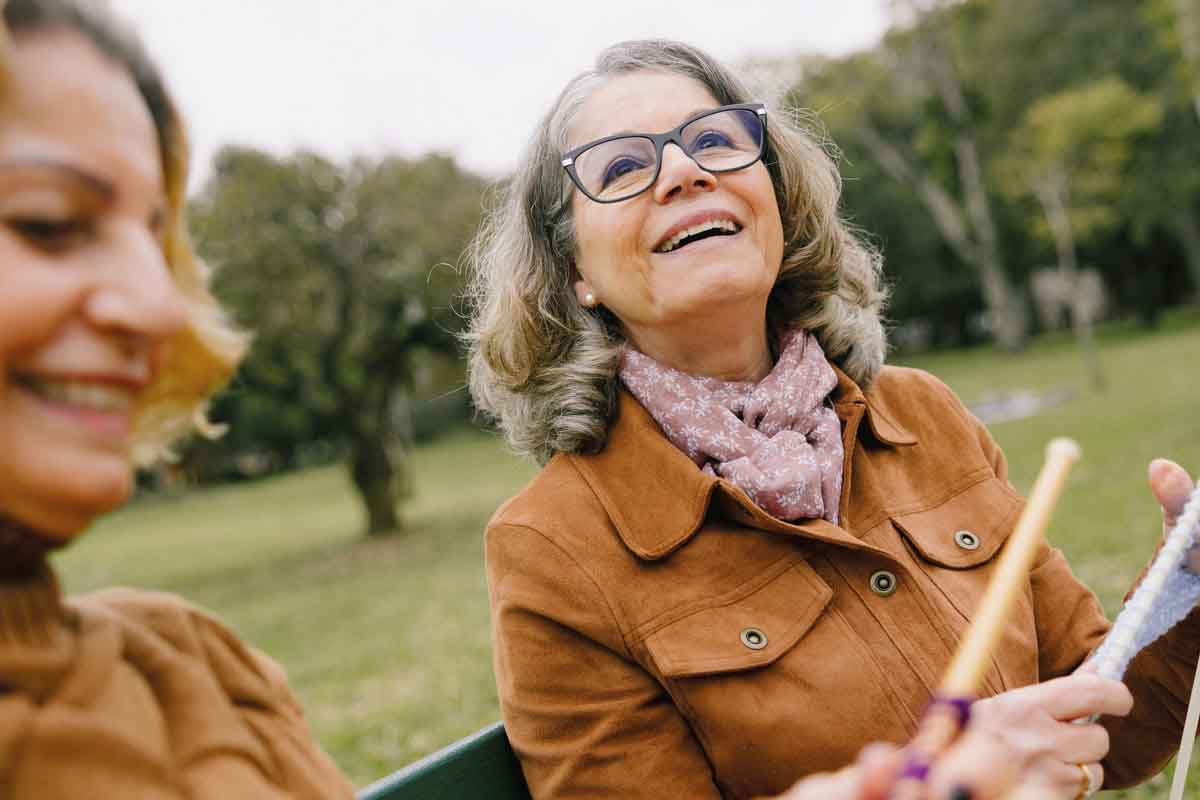Advertisement
Mind Over Cancer
Not a day goes by that the word “cancer” doesn’t scare thousands of Canadians. Like a dreaded scourge, it hovers over us, presumably just waiting to claim its next victim. But according to scientists in the growing field of mind/body medicine, the disease is not as much an external force as you might believe. Fear … Continued
Not a day goes by that the word “cancer” doesn’t scare thousands of Canadians. Like a dreaded scourge, it hovers over us, presumably just waiting to claim its next victim.
But according to scientists in the growing field of mind/body medicine, the disease is not as much an external force as you might believe. Fear and anxiety our thoughts and feelings can impact our health just as much as a long list of cancer risk factors”Psychoneuroimmunology”‘ is the scientific term to describe the study of the mind/body connection. Carl Simonton, MD, is an oncologist who pioneered research in this discipline as early as the 1970s. His book, Getting Well Again (Bantam, 1978), shows how “an individual’s reaction to stress and other emotional factors can contribute to the onset and progress of cancer [while] positive expectations, self-awareness and self-care can ontribute to survival.”
Responsive Immunity
Scientists are still trying to chart the exact anatomical mechanisms for this phenomenon, but the key appears to be in the intimate relationship between the nervous and immune systems. In 1993, it was discovered that the nerve cellendings in the skin are close to the immune system’s white blood cells, and that chemicals secreted by the nerves can shut down nearby immune system cells. In other words, stress andanxiety can suppress the body’simmune response.
Conversely, when we use techniques or methods that enhance positive emotions and states of mind, the body is affected for the good. In clinical studies, cancer patients who participated in support groups where they could talk about their emotions had a better immune response and faster recovery times.
The Cellular Environment
Acclaimed cellular biologist Dr. Bruce Lipton was in Vancouver last November to present his breakthrough research showing how our environment including thoughts and beliefs affects the behaviour and health of our cells. We are not victims of our genes, according to Dr. Lipton. In fact, studies show that our DNA can mutate to adapt to specific environmental conditions. This means we have the tremendous ability to determine the outcome of our health by altering our environment. Our thoughts have energy that gets into cells through the cell surface or membrane; it’s up to us to choose whether those thoughts are positive or negative.
The Centre for Integrated Healing in Vancouver is the first provincially funded, integrated cancer clinic in Canada. Philip Wood, integrative bodyworker and counsellor, explains that an important part of the centre’s multi-pronged treatment program is helping clients rediscover this mind/body/spirit connection to facilitate healing. The process is different for everyone, Wood says. Yet in documented cases of spontaneous healing of advanced, untreatable cancer, patients tend to have several things in common, including a deep belief in the body’s ability to heal in spite of being told by experts that their illness is terminal, and a regaining of a sense of control in their lives.
“A lot of it is about getting over the fear,” says Wood. Not only does fear interfere with decision making and emotional health, but as the theory goes”when you’re scared, your mind sends a message to your body and your body reacts by getting stressed, which lowers immunity. If, on the other hand, you send messages of well-being, healing and relaxation, the body’s cells react in a healthy way.
Elesa Willies from Vancouver discovered this for herself when she was diagnosed with cancer in 1997. She describes herself then as an “extremely bitter, angry, jilted woman who chose to punish herself for ‘being so stupid’ by not eating right, practising poor sleeping habits, working like a fiend and taking up smoking again after a 15-year hiatus.”
After more tests were done and surgery was recommended, “I walked out of the specialist’s office in a daze, got into my car and started to cry. I was inconsolable and so scared.”
But rather than let fear run her life, she took control. She embarked upon what she calls a “voyage of discovery” by learning, reading and allowing herself to come in tune with her emotions and thoughts. At the same time, she underwent both conventional and natural therapies. This wholistic approach speeded her recovery tremendously to the point where her oncologist’s jaw dropped when it came time for a checkup.
Now, happy and healthy, Elesa sees the experience as a gift. “Everything happens for a reason,” she says. One of the things it did for her was send her on a new career path of supporting others who are experiencing their own health challenges. In addition to being a health coach, she is chairperson of the board for Daphne’s Healing Place in Coquitlam, BC, a centre that started last year to provide emotional support for cancer patients and loved ones. There, they use various techniques, such as guided visualization, meditation and affirmation, to tap into the healing power of the immune system.
“Why is it that people who do everything right, eat right and exercise can succumb to disease?” says Elesa. “The bottom line is a person’s emotional and mental level because that’s what does the healing.”
Providing Hope in Vancouver
One Vancouver group has been quietly making huge differences in people’s lives for 22 years. Hope House does just what its name suggests by providing information, education, and emotional and psychological support to cancer patients and their friends and families.
The aim of Hope House is to help people living with cancer regain a sense of personal control in their lives. Claude Dosdall, author of God I Thought You Died, (McClelland and Stewart, 1986) first started the membership-based, not-for-profit organization. His inspiration came from outliving his own brain cancer diagnosis by eight years. What he found immensely helpful was getting together with others undergoing the same experience to relax and share in a positive way.
When executive director Sarah Stewart first started working at Hope House almost three years ago, volunteers, members and clients would introduce themselves to her. Many of them had the same thing to say: ” “Hope House saved my life.
In reality, “they saved their own lives,” says Stewart. Hope House was just there to help. Four peer support counsellors, all of whom are cancer survivors, receive 200 visits per month. They have never, nor will they ever, charge for services, which is incredible. It’s also why fundraising is so important. They are the only people in BC who do this work free of charge. There’s also a resource library and referral system.
Among the things Hope House instructors do are teach anti-stress strategies and self-care, and emphasize the mind/body connection all within a non-judgmental environment. As Stewart says, they don’t endorse one particular form of treatment. “We support our clients in their choice.”
For more information on their programs or fundraising efforts, phone: 604-731-HOPE (4673) or visit: www.hopecancer.bc.ca





